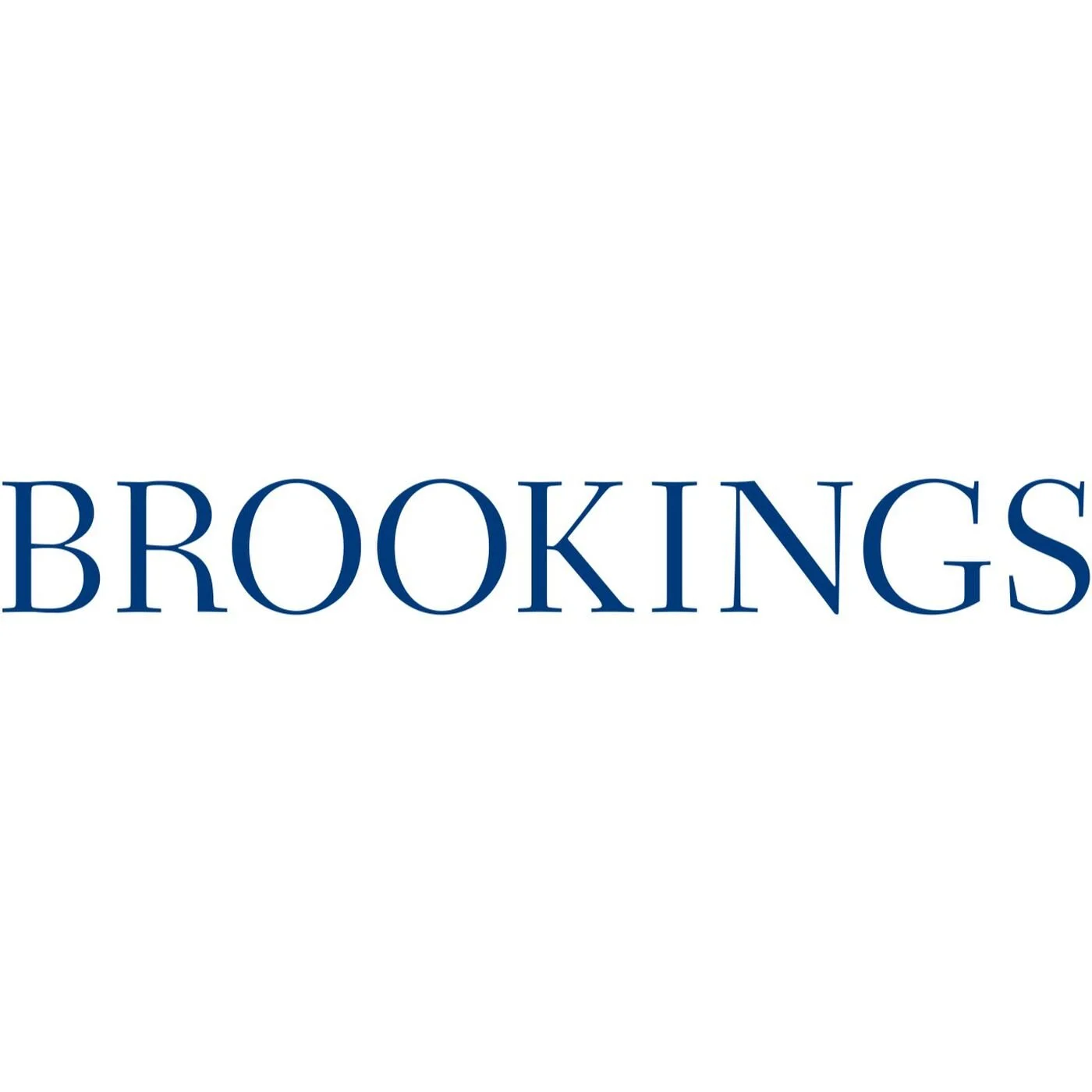On Tuesday, April 6th the Millennial Action Staff Association partnered with the Brookings Institution's Senior Fellow of Economic Studies, Stuart Butler and Senior Research Analyst, Tim Higashi for a briefing and discussion of fiscal implications of current policy for younger Americans. The session, titled "Debt Crisis? Fiscal Outlooks and Projections for Young Americans", kicked off with a presentation by Butler and Higashi which explored the parallels between a rising federal deficit and the personal debt in which many young Americans find themselves.
Higashi compared the idea of ignoring rising deficits as akin to ignoring termites in the woodwork of a home: while the impact may not be clear for many years, current policy will ultimately erode the foundation of our nation's fiscal security and create obstacles to action on other priorities. Reflecting on the recent COVID-19 relief package and referencing the multi-trillion dollar infrastructure proposal — not to mention the personal indebtedness of many young Americans — Butler and Higashi emphasized how individual and national debt lead to less flexibility in responding to crises.
Similarly, the uncertainty about current policy's impact on inflation and the interest rate environment can lead to decreased investment to address future needs. Butler concluded the presentation by touching on that very uncertainty: he acknowledged the ongoing debate amongst economists regarding the risk for an uncontrolled spike in inflation, but reiterated the costs of inaction with or without theoretical agreement. Young Americans are deeply familiar with the limitations imposed by debt, but connecting this paradigm to our national expenditures remains difficult among policymakers.
After the briefing, MAP Senior Manager of Policy & Outreach Joe Greaney moderated a conversation between Butler, Higashi, and MAP President and CEO Layla Zaidane. The discussion centered around a messaging toolkit — jointly published by MAP and Brookings — as a framework to explore some of the obstacles and opportunities for connecting with young Americans on fiscal sustainability.
The panel discussion continued to explore ways in which policymakers can better emphasize fiscal sustainability to Millennial and Gen Z Americans. Beginning with the need to reframe the message, panelists touched on the problems generated by decades of frequently pessimistic predictions of runaway inflation that, in the experience of young people, have largely been unfounded.
Instead, panelists suggested, the concern for deficits should be framed as a necessary consideration for sustainable actions on other young Americans' priorities, such as affordable housing and steps to combat climate change. The discussion moved on to the need to find new, credible messengers to connect with younger generations on fiscal policy. Butler raised the issue of finding “weathermen” for fiscal responsibilities, a reference to research that demonstrates individuals' trust for their local weatherman as a messenger on climate developments.
The lack of trusted messengers also falls back on the national political polarization which has made the deficit issue a political football to be used by both major parties. Finding trusted messengers and getting them to step up will be essential in building the trust and political support needed to form bipartisan coalitions in favor of fiscal responsibility. Stoking the fires of optimism, Zaidane reflected on her experience engaging with a new generation of policy makers in Congress through the Congressional Future Caucus and praised the commitment to addressing long-term issues that this group has demonstrated.
The challenge remains to make fiscal health concerns resonate with a generation largely unfamiliar with the negative implications of deficits, but concerted efforts to reframe and reconnect the issue with Americans' daily lives will ultimately turn the tide towards action.
For more on this issue, please see this 2019 event held by MAP and the Brookings Institute, as well as our messaging toolkit, and a Brookings publication on the utility of debt commissions. To view a recording of this session, connect with any of the participants, or for any questions, please reach out to joe.greaney@millennialaction.org.

